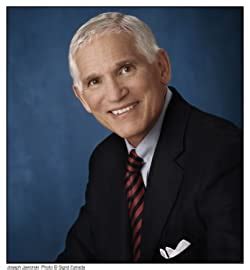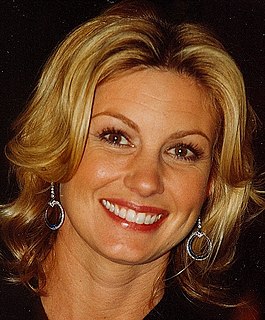A Quote by Terry Tempest Williams
I write from the place of inquiry. The first draft is a discovery period to see what I know and what I don't know. My task is simply to follow the words. There are surprises along the way. I just have to get it down. Call it the sculptor's clay.
Related Quotes
Almost all good writing begins with terrible first efforts. You need to start somewhere. Start by getting something-anything-down on paper. A friend of mine says that the first draft is the down draft-you just get it down. The second draft is the up draft-you fix it up. You try to say what you have to say more accurately. And the third draft is the dental draft, where you check every tooth, to see if it's loose or cramped or decayed, or even, God help us, healthy.
I am a technophile, so there is no such thing as a first draft. The first draft plunges on, and about a quarter of the way through it I realise I'm doing things wrong, so I start rewriting it. What you call the first draft becomes rather like a caterpillar; it is progressing fairly slowly, but there is movement up and down its whole length, the whole story is being changed. I call this draft zero, telling myself how the story is supposed to go.
You cannot stay on the summit forever; you have to come down... So why bother in the first place? Just this: What is above knows what is below, but what is below does not know what is above. In climbing, take careful note of the difficulties along your way; for as you go up , you can observe them. Coming down, you will no longer see them, but you will know they are there if you have observed them well.
The continual cracking of your feet on the road makes a certain quantity of road come up into you. When a man dies they say he returns to clay but too much walking fills you up with clay far sooner (or buries bits of you along the road) and brings your death half-way to meet you. It is not easy to know what is the best way to move yourself from one place to another.
Some writers find that they don't know their themes until they've finished the first draft (I am one). They then rewrite with an eye toward balancing on that tightrope: not too contrived, not too rambling; does what I'm saying about the world below me actually add up to anything? Other writers pay attention to these things as they write the first draft. Either way, an awareness of the macro and micro levels of theme can provide one more tool for thinking about what you should write, and how.
Writing the first draft of a new story is incredibly difficult for me. I will happily do revisions, because once I can see the words on the page, I can go about ripping them up and moving scenes around. A blank page, though? Terrifying. I'm always angsty when I'm working my way through a first draft.
You cannot see what I see because you see what you see. You cannot know what I know because you know what you know. What I see and what I know cannot be added to what you see and what you know because they are not of the same kind. Neither can it replace what you see and what you know, because that would be to replace you yourself." "Hang on, can I write this down?" said Arthur, excitedly fumbling in his pocket for a pencil.
The best advice on writing was given to me by my first editor, Michael Korda, of Simon and Schuster, while writing my first book. 'Finish your first draft and then we'll talk,' he said. It took me a long time to realize how good the advice was. Even if you write it wrong, write and finish your first draft. Only then, when you have a flawed whole, do you know what you have to fix.

































